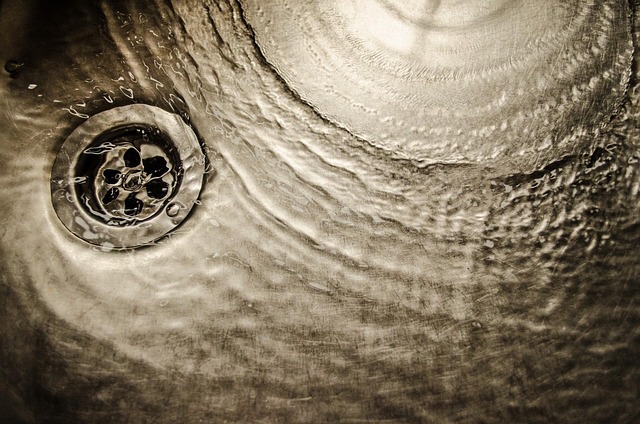TL;DR: Slow drainage, unusual noises (gurgling, standing water), odd smells, and reduced water pressure are Signs of a Clogged Drain. Regular maintenance checks & cautious drain usage prevent costly plumbing problems caused by blockages from grease, food scraps, hair, & non-biodegradables. Addressing minor issues early keeps pipes healthy & avoids disruptions.
Are you tired of dealing with slow drains and mysterious plumbing issues? Uncover the dirty truth about pipe clogging and learn to identify the subtle signs. This article explores the common indicators of clogged drains, from noticeable slow drainage to unexpected occurrences. We’ll also shed light on everyday culprits and provide preventative measures to keep your pipes flowing smoothly. Discover the secrets behind these persistent problems and take control of maintaining a clog-free home.
- Recognizing Slow Drainage: The Initial Signs
- Uncommon Occurrences: When Clogs Go Undetected
- Common Household Culprits: Preventing Pipe Congestion
Recognizing Slow Drainage: The Initial Signs

If you’ve noticed that your drains are taking longer than usual to empty, it could be an early indication of a potential clog. What many homeowners overlook is that slow drainage isn’t always a sign of a severe or immediate problem; it’s often one of the first subtle signs of a clogged drain. Initially, you might experience a noticeable slowdown in water flow, especially when flushing the toilet or running multiple faucets at once. This delayed drainage can be an early warning signal, prompting you to take preventive measures before the issue escalates.
Pay attention to any unusual noises coming from your drains, such as gurgling or splashing sounds, which could indicate a partial clog. Additionally, if you notice that water is standing in your sink or bathtub after you’ve turned off the faucet, it’s a clear sign that drainage is being hindered. Regular observation of these signs of a clogged drain can help you stay proactive and avoid more costly plumbing issues down the line.
Uncommon Occurrences: When Clogs Go Undetected

In many cases, signs of a clogged drain are obvious and prompt action can be taken. However, there are instances where clogs go unnoticed for extended periods, leading to more severe issues. Uncommon occurrences often manifest as subtle changes in plumbing behavior—a slow drain, an odd smell, or unusual noises. These might not seem like immediate red flags, but they could indicate a growing blockage that has gone undetected.
Regular maintenance checks are crucial in catching potential clogs early on. While many people wait for visible symptoms to appear, this cautious approach can help prevent more complex and costly plumbing problems down the line. Staying vigilant and addressing even minor discrepancies in drain performance is key to maintaining healthy pipes and avoiding unexpected disruptions.
Common Household Culprits: Preventing Pipe Congestion

In many homes, certain everyday activities contribute to pipe congestion, often going unnoticed until it becomes a more significant problem. Common household culprits include food scraps, grease, hair, and personal care products like contact lenses and wipes, which are often flushed down the drain. These items can accumulate in pipes over time, leading to clogs and causing water pressure issues or even sewer backups.
To prevent these obstructions, it’s essential to exercise caution when using drains. Avoid pouring grease down the sink, as it solidifies and sticks to pipe surfaces. Similarly, ensure food scraps are properly disposed of rather than washed away. Regularly cleaning hair catchers in baths and showers is also crucial. Additionally, be mindful of what goes into the toilet—do not flush non-biodegradable items, as they can disrupt the natural flow and cause clogs.
Understanding the signs of a clogged drain is essential for maintaining a smooth-running home. By recognizing slow drainage, unusual occurrences, and common household culprits, you can proactively prevent pipe congestion. Regular maintenance and understanding these indicators will help keep your plumbing system running efficiently, ensuring a clutter-free home environment. Remember, addressing clogs early can save you from more severe and costly issues down the line.
